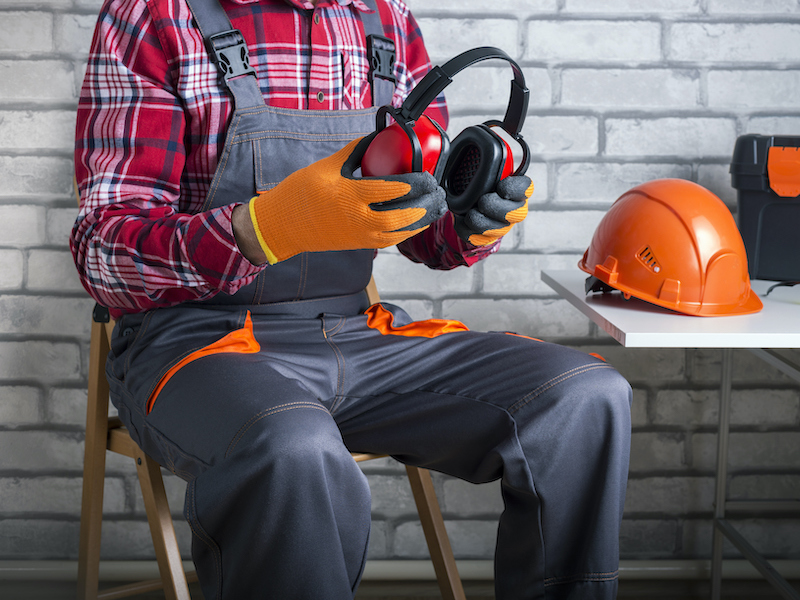
Your ability to hear is precious – once you lose it, the chance of getting it back in its natural form is slim to nil. But for some reason, hearing loss tends to go untreated and uncontrolled in the general population. In the US alone, one in eight people over the age of 12 copes with neglected and irreversible hearing loss.
Protecting your hearing from the start is the best and easiest way to prevent hearing loss, but if you already have hearing loss you can recover much of your hearing with a hearing aid.
Here are five easy ways that you can protect your hearing:
Don’t use earbuds
Earbuds have been packaged with mobile devices since the early 2000s and are one of the biggest dangers to hearing. Almost every smartphone on the market comes with a pair of these little devices that fit snugly in your ear and pump sound straight into your ear canal. Listening to music or a movie on your mobile device at maximum volume for just 15 minutes can lead to irreversible hearing loss. Earmuff style headphones, particularly the ones with noise canceling technology, would be a better choice. Adhering to the 60/60 rule, which recommends a maximum volume of 60% for no higher than 60 minutes a day, is another safety measure to safeguard your hearing.
Keep your volume down
Your hearing can be harmed by other things besides earbuds. If you regularly listen to the radio or TV at loud volumes over sustained periods, your hearing can also be damaged. You’ll also want to steer clear of situations where loud sounds are constant, such as construction zones, concerts, and firearm ranges. Steering clear of these scenarios might only happen in a perfect world, especially if you’re a construction worker or a musician. The next item on the list will be important if you’re in this situation.
Utilize hearing protection
Hearing protection is a must if you work in an environment or enjoy hobbies that expose you to loud noises. Hearing loss can happen in just 15 minutes at 85 decibels. Compare that to the following:
- The noise of a construction site can be over 130 decibels and many workers spend 40 or more hours every week there
- Most concerts are between 100 and 120 decibels with headliners normally playing for about an hour and 20 minutes
- The average gunshot clocks in at 149 decibels, which is multiplied and amplified over the course of a one hour visit to an indoor shooting range
The moral here is that you should invest in some type of hearing protection such as earmuffs or earplugs if you take part in any of these activities.
Take auditory breaks
Sometimes you simply need to give your ears a rest. Even if you wear ear protection, if you are subjected to loud sounds like these for extended periods, you should take some quiet breaks to give your ears some time to recover. So after you leave a concert, you most likely shouldn’t jump into your car and blast music.
Check your medicine
Your medicine may actually have a considerable impact on your hearing. There are some medicines that have been proven to trigger hearing loss including certain heart and cancer medications, aspirin, antibiotics, and anti-inflammatory medication. The good news is that medication-associated hearing loss isn’t common and is more likely if you use two or more of those medications together making it easier to prevent.
Looking to get treatment for your hearing loss? Schedule an appointment with us for a hearing exam.
Call Today to Set Up an Appointment
Resources
https://www.cdc.gov/nceh/hearing_loss/how_does_loud_noise_cause_hearing_loss.html
https://armeddefense.org/hearing-protection
https://www.uofmhealth.org/health-library/tf3092
